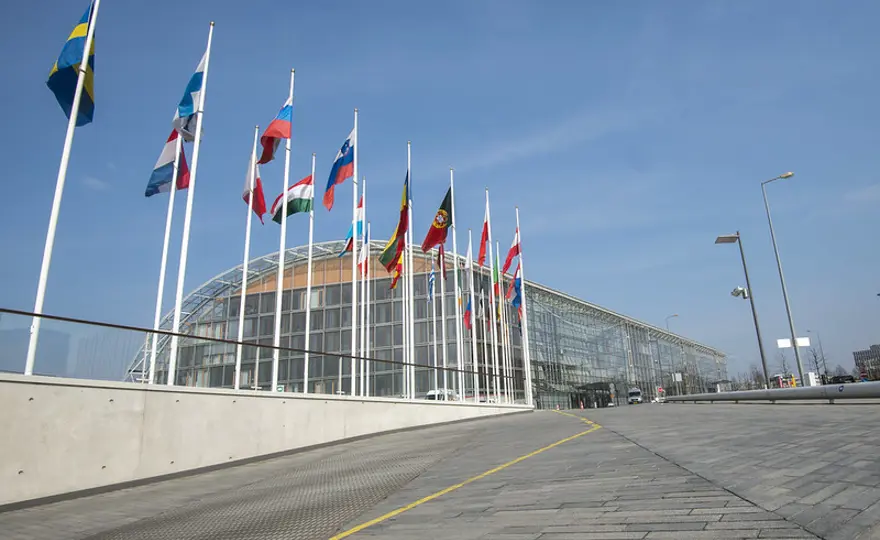ClientEarth Communications
13th November 2019


In July, in recognition of the urgent need for the EU to cut its carbon emissions, the European Investment Bank (EIB) put forward a ground-breaking draft policy to stop funding fossil fuel projects.
Yesterday, the Bank’s Board voted in the new policy with a cut-off date of 2021 for new gas projects – setting the standard for banks worldwide and clearly signalling that oil, gas and coal lending is inconsistent with the Paris Agreement goals.
Our message to the EIB’s Board of Directors was clear: it was vital for the Bank to revert to its original draft policy, cutting gas lending out of its portfolio and channelling investments instead into clean energy and carbon-neutral solutions.
When first announced, the proposal was welcomed by the environmental community but the decision was yet to be agreed by the Bank’s Board, which is made up of EU Member State representatives. Several of those Member States were calling for gas lending to continue. Weakening the policy like this would have risked tying the EU to fossil fuels for decades to come.
Environmental groups across the EU fought hard to keep to the original draft policy, which was set to cut gas lending out of the EIB’s portfolio. ClientEarth also weighed in. Prior to the vote, our lawyers issued a clear warning: continuing to fund fossil fuels would breach the Bank’s legal duties.
As the world’s largest multilateral development bank, funding from the European Investment Bank is substantial. Between 2013 and 2017 the Bank gave around €9bn in loans to gas projects.
ClientEarth CEO James Thornton explains: “Our message to the EIB’s Board of Directors was clear: it was vital for the Bank to revert to its original draft policy, cutting gas lending out of its portfolio and channelling investments instead into clean energy and carbon-neutral solutions. In the transition to net-zero, it is impossible to justify ongoing finance to fossil fuels from the public purse.”
Germany was amongst those Member States who initially pushed back strongly on the gas phase-out in the policy. Our lawyers also wrote to relevant German ministries, reminding them of their legal obligations – and that pushing to keep gas lending in the EIB’s policy would breach Germany’s national and EU legal duties too.
We welcome the European Investment Bank’s landmark lending policy and the Board’s decision to exclude gas finance from it.
ClientEarth lawyer Peter Barnett said: “The EIB has set the standard for banks worldwide with this move – and clearly signalled that oil, gas and coal lending is inconsistent with the Paris Agreement goals. This is a major step in the flight of capital from fossil fuels.
“While we are disappointed to have seen such strong initial pushback from countries like Germany, which claims high standards on climate, the passing of this policy shows a change of gear for clean investment.”
Although the policy will kick in at the end of 2021, a year later than previously proposed, our lawyers have warned that any decision to fund new gas or other fossil fuel projects before then would not be in line with the Paris Agreement and will risk legal challenge.
Peter continued: “The Bank and its Board of Directors remain legally bound to act in support of the Paris Agreement in every investment decision. This means all gas projects considered by the Bank before the 2021 cut-off will face an uphill battle for approval.
“Polluting gas projects, at risk of becoming stranded in the clean energy transition, are not in line with the Paris goals – and if given the green light, will be at clear risk of legal challenge.”